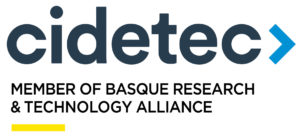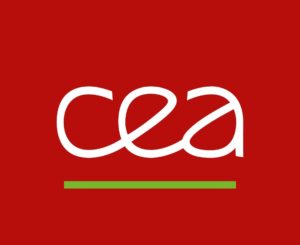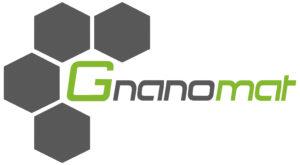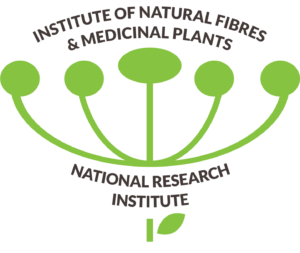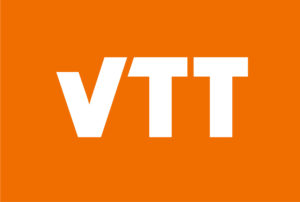Increasing efficiency in processing of nano-enabled biobased materials by additive manufacturing technologies
A unique heading prototype will allow surface modification while printing in one step.
What we want to achieve:
The main benefits from this pilot line for SMEs and companies will include competitive costs of dedicated processing equipment to produce complex3D printed parts and products at a very competitive cost, unlocking a change in their manufacturing processes and reducing manufacturing time by more than 50%. Download pilot line pdf
